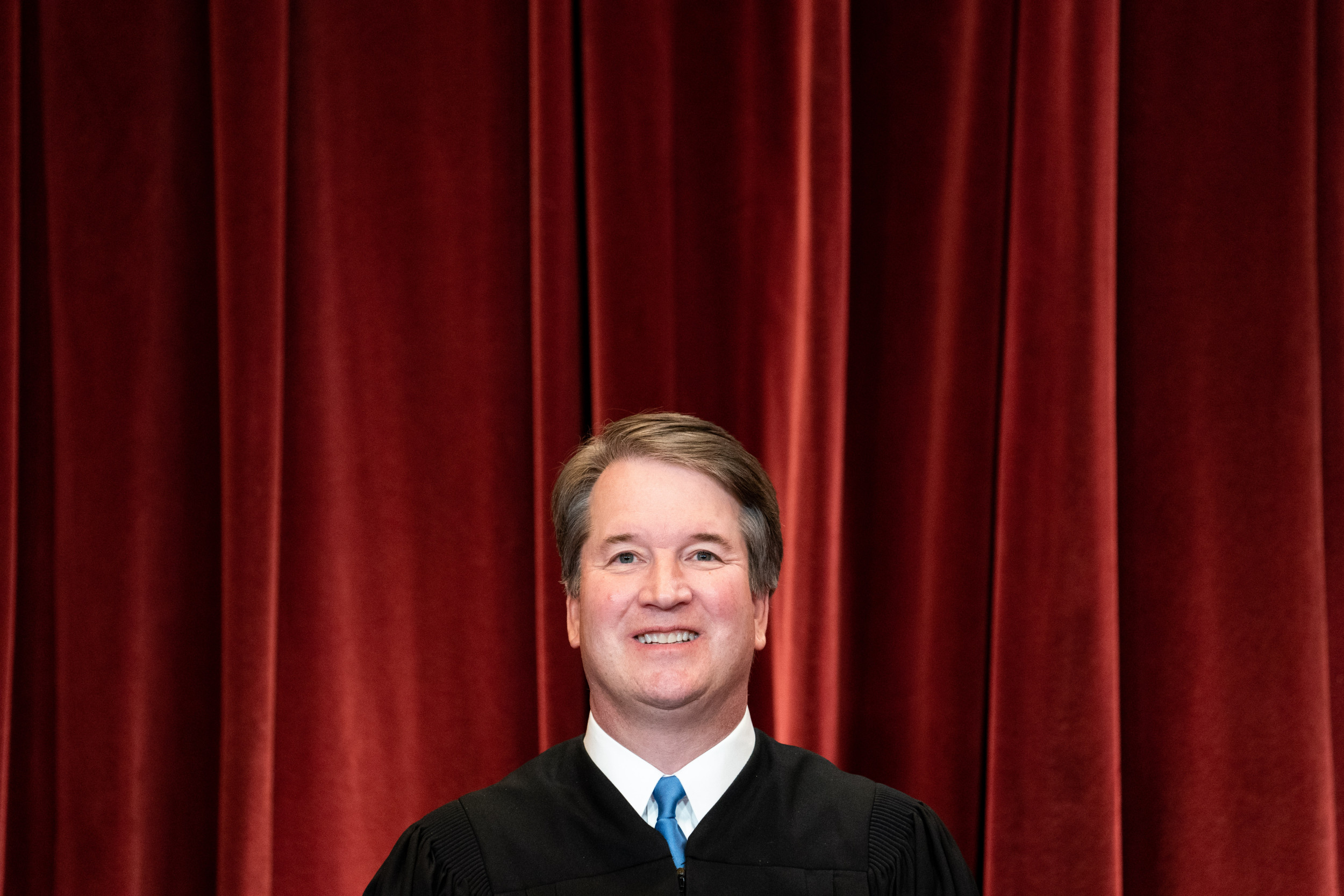Modern liberalism is characterized by tensions between conflicting rights and prerogatives. A perfect example of this is the recent decision by the National Association of Intercollegiate Athletics (NAIA) to ban transgender women from women's competition starting Aug. 1.
On one hand, anti-transgender activists argue that restricting transgender athletes is a matter of keeping biological women safe. On the other, transgender rights defenders claim that transgender athletes must be able to compete in sports too—in a safe environment.
Nevertheless, behind the rights' debate often lies power struggles under the veil of well-intentioned actions.
For years, anti-transgender activists have argued that different physiologies of the sexes matter in sports. Their lobby has been ferocious and vociferous leading this week to the NAIA to note that sport "includes some combination of strength, speed and stamina, providing competitive advantages for male student-athletes;" therefore, significant physical differences will affect the fairness of "gender-affected sports."

In a nutshell, "the inclusion of trans women in female categories in most sports could not be balanced with fairness, and in some sports, safety" and in providing access to transgender athletes to competition must not "deprive natal women of the chance to take part in fair and safe sport."
The inclusion agenda has been disruptive in many regards, challenging binary views and social structures around the world; yet arriving when sex/gender matters discussed for centuries remain unsolved and unsettled. Most importantly, this movement is contesting the source of power of many traditional groups. Thus, the anti-trans rhetoric is actually a conservative campaign designed to eliminate the so-called ideology of diversity, equity, and inclusion as a way to regain influence on collegiate sports governing bodies' policies.
No wonder why trans rights have long been the subject of conservative attacks and scrutiny leading to about half of U.S. states to enact measures banning transgender women and girls in university-politics. Similar episodes can be found on the recent ousters of two Ivy League university presidents, Liz Magill of the University of Pennsylvania, and Claudine Gay of Harvard. In the end, it is just the American right and left wings fighting in a different arena. This fight is not a profound debate on human rights, or about how to create better societies.
The literature surrounding alleged physical advantages transgender women may retain over cisgender women is unsettled. Although it is usually believed that sport is inherently physical, it is only related to every other sport. Then we need to look into a more sociological approach.
Categories—sex division in sports—started as a way to guarantee a safe environment but also to allow a fair development of women's capacities and skills competing among their peers. In more recent decades, women have focused not only on guaranteeing safe environments that are harassment-free, but also highlighting the disproportionated differences in resources and salaries, and creating safe environments that ensure fair and equal treatment; not because they fit the physical abilities of men, but because women are entitled to dignity in sport as in any other social aspect. Then it is true that women should compete in a fair and safe sporting environment, as is the case for transgender people.
It is then necessary to recognize that sport is not just about competition, it is also a way for people to increase self-development and no one should be excluded from the fulfilment it provides. Many trans people find in sports a friendly environment for self-expression but often find, in and out of the dressing rooms, the same discriminatory attitudes they typically experience in their daily life. Therefore, banning is not a solution but a way for deepening the problem. To reconcile these conflicting views, we need to transform the discussion of "fair and safe sports" to one of "fair, safe, and dignified sports." We should adopt a human rights-based approach, especially considering those overcoming adversity to prove themselves in the sports world. This creates larger sporting communities instead of intensifying and deepening social divisions.
The underlying principle of sports is to prove that we can be better humans, not just faster, higher, and stronger.
Dr. Cristopher Ballinas Valdés is an academic, policy maker, and former diplomat who wrote Mexico's international policy on human rights and feminist foreign policy.
The views expressed in this article are the writer's own.
Uncommon Knowledge
Newsweek is committed to challenging conventional wisdom and finding connections in the search for common ground.
Newsweek is committed to challenging conventional wisdom and finding connections in the search for common ground.
About the writer
To read how Newsweek uses AI as a newsroom tool, Click here.








